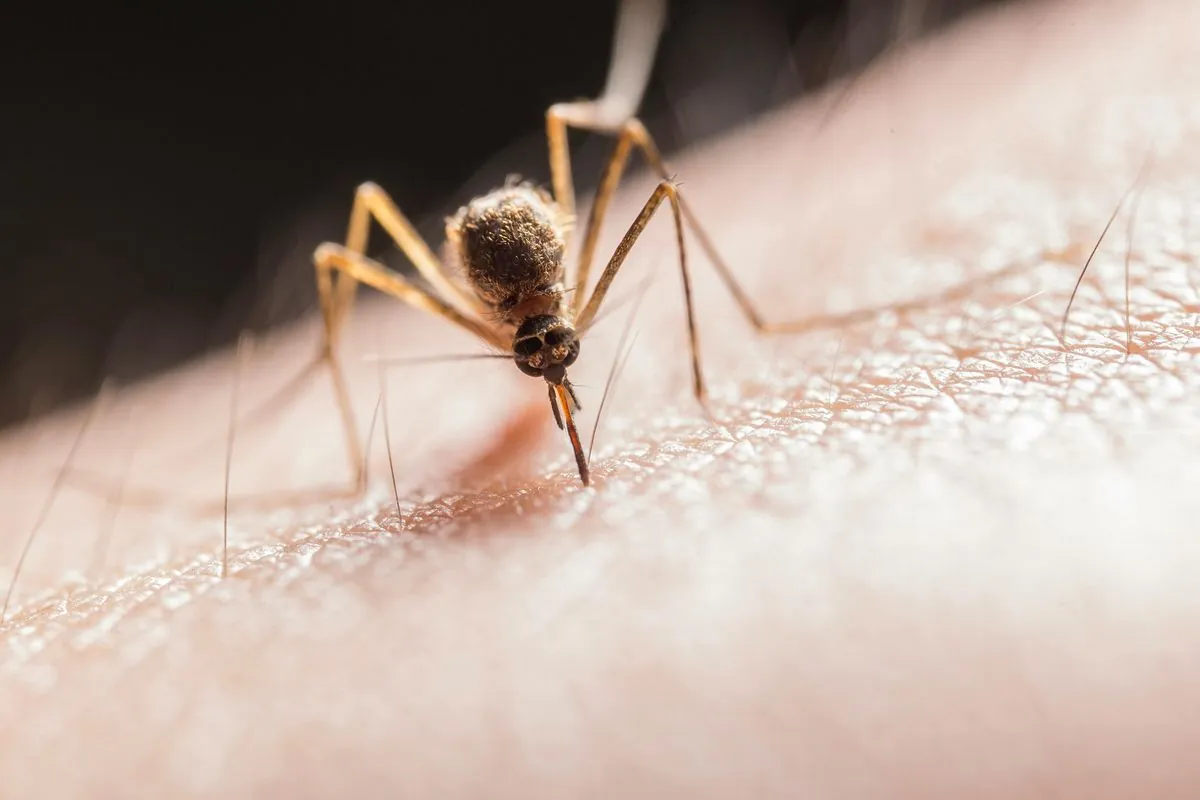Massachusetts Town Imposes Curfew Amid Rare Mosquito-Borne Disease Threat
Plymouth, Massachusetts implements night curfew after confirming a case of Eastern Equine Encephalitis. Health officials urge caution as the rare but deadly mosquito-borne disease resurfaces in the state.

In response to a confirmed case of Eastern Equine Encephalitis (EEE), a rare and potentially fatal mosquito-borne illness, Plymouth, Massachusetts has implemented a partial night-time curfew. This measure, enacted approximately 64 kilometers southeast of Boston, restricts access to public parks and fields from dusk to dawn.
EEE, first identified in Massachusetts in 1831, is a severe viral disease with no known cure. The virus, which affects horses, birds, and humans, has a mortality rate of 30-50% in human cases. Dr. Robbie Goldstein, Massachusetts public health commissioner, emphasized the seriousness of the situation, urging residents to protect themselves from mosquito bites, especially in areas with confirmed EEE activity.
The recent case in Massachusetts, involving a man in his 80s from Oxford, marks the first human infection in the state since 2020. This incident has prompted health officials in several towns, including Douglas, Oxford, Sutton, and Webster, to advise residents to conclude outdoor activities by 6 PM until the end of September, and by 5 PM thereafter until the first frost.
EEE's incubation period ranges from 4 to 10 days, with symptoms including:
- Fever
- Headache
- Vomiting
- Diarrhea
- Seizures
Most fatalities occur within 2 to 10 days after symptom onset. Survivors often face long-term neurological complications, with complete recovery being rare.

The virus is maintained in a cycle between Culiseta melanura mosquitoes and birds, with humans and other mammals being dead-end hosts. While there is an EEE vaccine available for horses, no such protection exists for humans. Prevention methods primarily involve using insect repellent and wearing protective clothing.
Massachusetts faced a significant EEE outbreak between 2019 and 2020, resulting in 17 infections and 7 fatalities. This cyclical nature of outbreaks is characteristic of EEE, with periods of inactivity between episodes of increased viral activity.
Climate change may be expanding the geographic range of EEE-carrying mosquitoes, potentially increasing the risk of future outbreaks. The virus is predominantly found in the eastern United States, but changing environmental conditions could alter its distribution.
In addition to the EEE threat, Massachusetts is grappling with an outbreak of West Nile Fever, another mosquito-borne illness. As of August 2024, 216 human cases have been reported across the United States, with Texas experiencing the highest concentration.
As authorities continue to monitor the situation, residents are strongly advised to remain vigilant, eliminate standing water around their homes, and adhere to local guidelines to minimize the risk of mosquito-borne diseases.


































